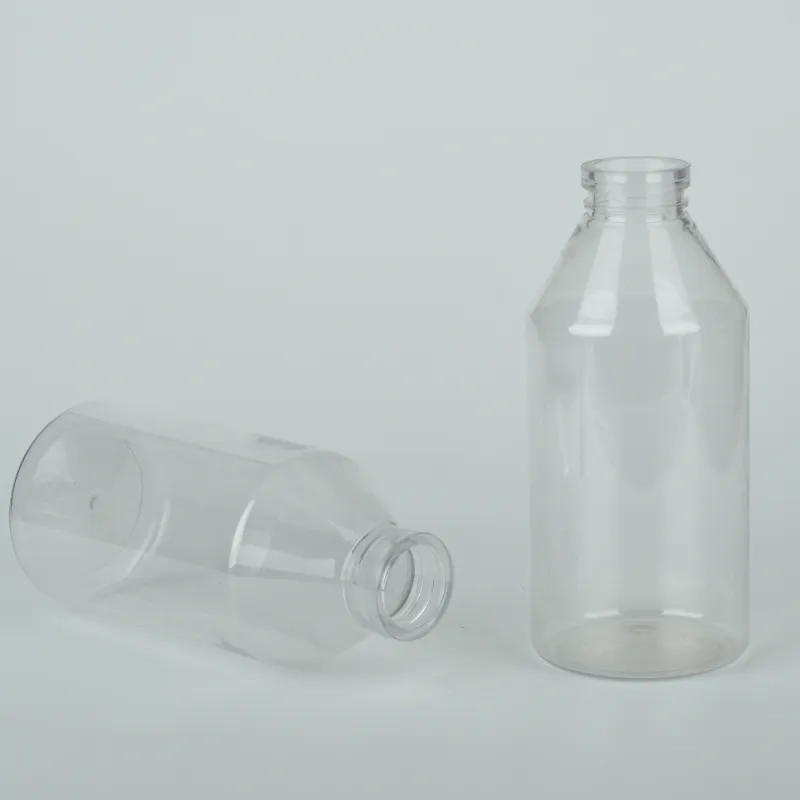reagent bottle uses in chemistry
Reagent bottles are essential tools in chemistry, widely used for storing, handling, and dispensing various chemical substances. These containers are particularly crucial in laboratories, where precision and safety are paramount. Typically made from glass or high-density polyethylene (HDPE), reagent bottles come in various sizes and configurations to accommodate different types of chemicals.
One of the primary uses of reagent bottles is to store solvents and solutions. For example, they are used to hold organic solvents like ethanol, acetone, and hexane, which are integral to numerous chemical reactions and analyses. The design of these bottles often includes tight-fitting caps or stoppers to prevent contamination and evaporation of the stored substances, ensuring their longevity and integrity.
In addition to solvents, reagent bottles are utilized for storing solid reagents such as salts, metals, and powders. These solid chemicals require moisture-proof and light-resistant containers to maintain their stability and efficacy. Without proper storage, these chemicals can degrade or react with atmospheric moisture, potentially leading to hazardous conditions in the laboratory.
Moreover, reagent bottles are crucial in the preparation of standard solutions, which are vital for quantitative analysis in analytical chemistry. Accurate measurements of reagents are essential for calibration and validation of analytical methods, and reagent bottles aid in achieving this precision. By using graduated bottles, chemists can dispense precise volumes of liquids, ensuring that experiments yield reliable and reproducible results.
reagent bottle uses in chemistry

Safety is another imperative aspect of reagent bottle usage. Many chemicals are hazardous, requiring special handling procedures. Reagent bottles designed to hold such substances often feature labeling systems that clearly identify the contents and associated hazards, complying with safety regulations. This labeling helps prevent mishaps in the lab, thereby protecting personnel and the environment.
Finally, the versatility of reagent bottles extends to their applications in various fields beyond chemistry, including biology, pharmacology, and environmental science
. In these fields, they are used not only for research but also in educational settings, where students learn essential laboratory techniques.In conclusion, reagent bottles play a vital role in the chemistry landscape, facilitating safe and organized storage and use of chemical substances. Their importance in maintaining the integrity of experiments and ensuring laboratory safety cannot be overstated, making them indispensable for chemists around the world.
-
Aesthetic Makeup Spray Bottles | Fine Mist Empty RefillableNewsAug.19,2025
-
White Plastic Veterinary Vaccine Vials | Lab Liquid BottlesNewsAug.18,2025
-
Plastic Medicine Liquid Bottle: Secure Flip Top Drug VialsNewsAug.17,2025
-
Durable 250ml Blue Plastic Vaccine Vial for Lab & Vet UseNewsAug.16,2025
-
Sterile Virus Sample Tubes: Secure & Reliable Specimen CollectionNewsAug.15,2025
-
White 250ml Plastic Vaccine Vial for Lab & Vet MedicineNewsAug.14,2025
























